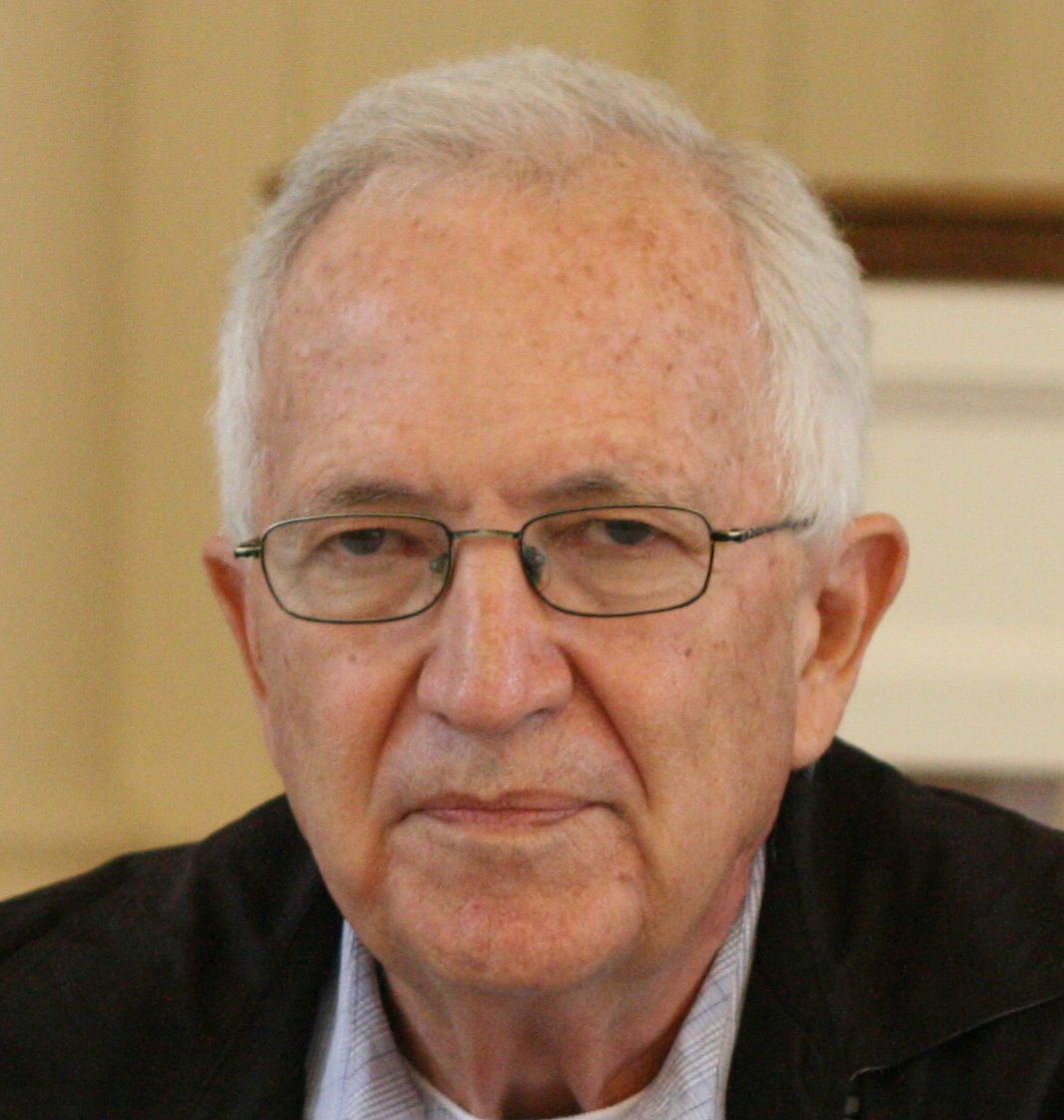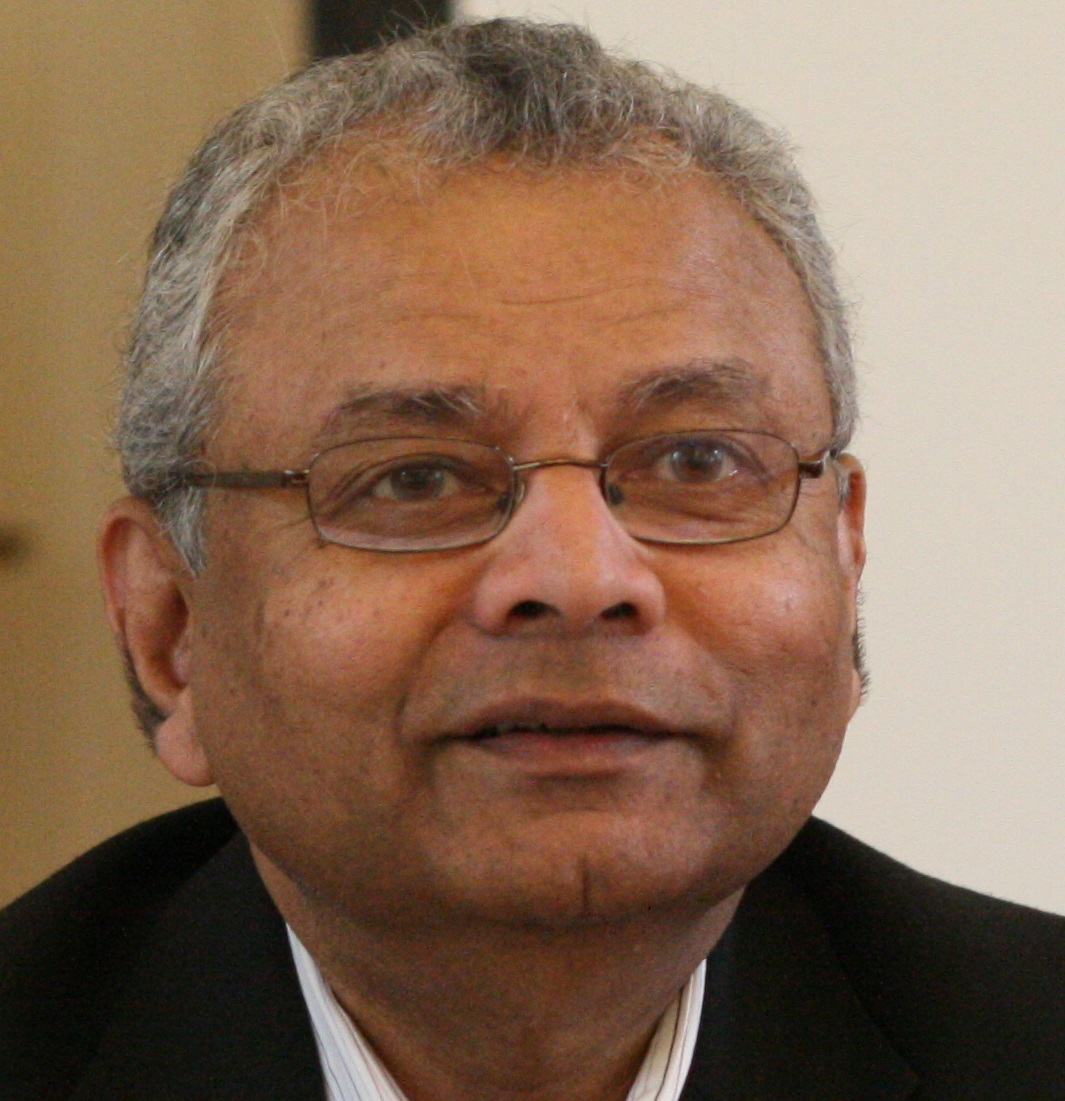By Bob Allen
The Alliance of Baptists applauded attempts by the U.S. government to normalize relations with Cuba at the group’s 28th annual gathering April 17-19 in Atlanta.
“We anticipate eagerly the day when negotiations well underway between the governments of the United States and Cuba will culminate in the reopening of the U.S. embassy in Havana and the Cuba embassy in Washington and the flying of our respective flags at these buildings for the first time in more than half a century,” said a policy statement adopted unanimously by nearly 400 Alliance members gathered at Northside Drive Baptist Church in Atlanta.
The statement, submitted by the Alliance’s former executive director, Stan Hastey, is the 13th statement criticizing the U.S. trade embargo on Cuba imposed in 1960 to be adopted by the Alliance since 2001 stemming from the group’s ministry partnership with the Fraternity of Baptist Churches in Cuba.
This year marks the 25th anniversary of the first of 44 church-to-church partnerships linking Alliance congregations with international partners, establishing a paradigm for a new way of thinking about global missions for the progressive Baptist group formed in 1987.
Andrew Gardner, a student at Wake Forest Divinity School who is working on a book about the history of the group that pulled out of the Southern Baptist Convention over differences enumerated in the seven-point Alliance of Baptists covenant, said the group, then called the Southern Baptist Alliance, promoted its first global missions offering in 1990. The offering goal was $100,000, but just over $26,000 was raised.
“The Alliance was really trying to figure out its identity as to how big in scope and how they were going to end up doing ministry,” Gardner said. “They had to be able to recognize how they would do this with limited funding.”
With the help of Alan Neely, a longtime missions professor at Southeastern Baptist Theological Seminary, and Anne Thomas Neill, a 25-year Southern Baptist missionary to Nigeria and Ghana, the Alliance moved to a “newer type of paradigm” from sending missionaries to partnership with indigenous Baptists.
 Francisco “Paco” Rodes, a founder of the Fraternity of Baptist Churches in Cuba, said he has fond memories of Southern Baptist missionaries who worked in Cuba before and during the revolution led by Fidel Castro in the late 1950s.
Francisco “Paco” Rodes, a founder of the Fraternity of Baptist Churches in Cuba, said he has fond memories of Southern Baptist missionaries who worked in Cuba before and during the revolution led by Fidel Castro in the late 1950s.
“They were very humble persons, very dedicated persons,” he said, but they retained tight control over missionary institutions. They also lacked a frame of reference to understand why so many Cubans supported the overthrow of U.S.-backed Cuban President Fulgencio Batista.
“For this reason, ‘missionary’ has a bad reputation in Cuba, because they didn’t respect the ideas that were being imposed and were very controlling,” Rodes said.
When First Baptist Church in Matanzas began talking about reaching out to groups outside of Cuba, Rodes said, the key question became, “What kind of Baptists are we going to have as partner in the United States?” They chose Pullen Memorial Baptist Church in Raleigh, N.C.
“I see that God was guiding us throughout our relationship,” Rodes said. “We are equal partners. We have an equal relationship.”
Early on, Rodes said, the Americans presumed they would be coming to Cuba to evangelize.
“Evangelization in our country has to be done by Cubans,” he said. “The American friends, the American brothers and sisters, have to come to our country to have contacts and to have a relationship in which both have to be enriched — a shared, different experience, but enriching experience.”
 Rob Nash, a professor of world missions and world religions at Mercer University’s McAfee School of Theology, said the model is becoming more common as the focus of global Christianity shifts to the Southern Hemisphere and from the West to the East.
Rob Nash, a professor of world missions and world religions at Mercer University’s McAfee School of Theology, said the model is becoming more common as the focus of global Christianity shifts to the Southern Hemisphere and from the West to the East.
“We really are learning far more now than we are teaching,” said Nash, former global missions coordinator for the Cooperative Baptist Fellowship. “In partnership we often find ourselves to be more the learners than we are the teachers in this day.”
Shanta Premawardhana, a native of Sri Lanka and former Alliance board member, said in the old missionary paradigm conversion doesn’t only mean a person switches from Buddhist or Hindu to Christianity.
 “The identity changes,” Premawardhana, president of the Seminary Consortium for Urban Pastoral Education in Chicago. “You suddenly become more affiliated with the empire.”
“The identity changes,” Premawardhana, president of the Seminary Consortium for Urban Pastoral Education in Chicago. “You suddenly become more affiliated with the empire.”
“They used to say in Sri Lanka, when you convert, you get a British accent,” he said.
Under a partnership model, Premawardhana said the gospel message moves not from a “center” outward to the margins, but both partners learn lessons from people who seek to be faithful Christians in a different context.
“What happens when you listen to the voice from the margins?” he asked. “If you push it to its logical conclusion, it is we that have to be missionized. We are the ones who have to be evangelized. We are the ones who have to be converted, and that happens when you are in partnership with Cuba and Brazil and Zimbabwe and Sri Lanka and all those other places.”
“If there is anything we learn from Liberation Theology, it is that God has a preferential option for the poor,” Premawardhana said. “If that is the case, God’s best word comes to us from [the poor and marginalized].”
The Cuba statement supports legislation to end the trade embargo and relax restrictions on travel. It also commends President Obama and President Raul Castro for a joint announcement Dec. 17 of the restoration of diplomatic relations.
For years the Alliance has worked with the Latin America Working Group and the Washington Office on Latin America to lobby on behalf of improved Cuba/U.S. relations.
“Our Cuban brothers and sisters told us that what is happening in U.S./Cuba relations in the government right now is in no small measure to the prayers and the struggles and the letters and all the things the Alliance has been doing for 25 years,” Premawardhana said. “Despite our size, we are making impact.”
Another statement endorsed policy recommendations by the Interfaith Conference on Drone Warfare, held Jan. 23-25 at Princeton Theological Seminary and committed “to join our interfaith sisters and brothers in advocating with the U.S. government for these policy recommendations.”
